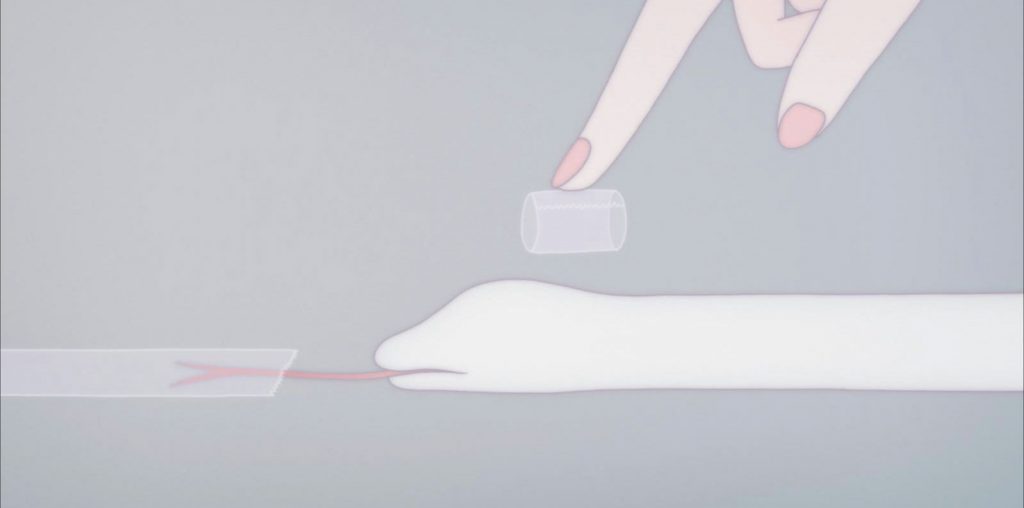
Clint Eastwood’s companion piece to “Flags of Our Fathers” has been hailed for its audacity but the only thing about it that’s really audacious is its concept. Portraying the same 1945 confrontation from the vantage point of the Japanese was an inspired idea. Unfortunately, the movie it inspired is something of a letdown.
“Flags…” rebutted traditional notions as to the nature of heroism, offered insight into the ways governments sell wars and topped all that off with the most harrowing battle sequences ever committed to celluloid. “Letters From Iwo Jima,” on the other hand, takes nearly two and a half hours to issue the newsflash that, under our uniforms, we’re all the same.
The charismatic Ken Watanabe stars as General Tadamichi Kuribayashi, a gentleman warrior who has lived and made friends in the U.S. and now finds himself in charge of booby trapping the volcanic island in anticipation of the American military’s arrival.
What we know this time around is what the Japanese high command knew prior to the invasion: The Imperial fleet had been wiped out. Air support would be minimal because planes, along with thousands of troops, needed to be redeployed to the mainland. Food, water and ammunition were in short supply. There would be no reinforcements.
Upon his arrival the General takes a long walk around the island and orders his soldiers to stop digging trenches on the beach. They’re all doomed, he realizes, but he also understands that strategy for the most honorable stand hinges on holding the highest ground. He oversees the construction of a complex system of pillboxes and tunnels deep inside Mount Suribachi, a process of which the viewer glimpses virtually nothing. Instead, Eastwood opts for scene after scene in which young soldiers on break share stories about the lives they lived before the war, grumble about the judgment of their leaders, make the sorts of jokes young men make and, of course, write heart tugging letters to loved ones left behind.
Much of the saga is seen through the eyes of an everyman conscript played by the pop star Kazunari Ninomiya (he’s in a boy band I’m told). When he gets an eyeful of the American convoy’s vastness, the viewer is likely to have mixed feelings. On one hand, he’s a sympathetic figure with little hope of survival. On the other, well, it’s time to put the gloves on already. After all the small talk and heart tugging, one is ready for a little action.
And a little action is all we get. Surprisingly, most of the movie takes place within those dark tunnels and trails a cluster of frightened, confused soldiers as it meanders from one end of the mountain to the other and, if I’m not mistaken, back again in search of something honorable to do. The film benefits from two or three strong performances but lacks both its predecessor’s scope and visceral impact. The script by Paul Haggis and Iris Yamashita is likewise light on cultural insight-insight certain to have proven illuminating and timely given Japan’s role in introducing the world to the phenomenon of the suicide bomber.
The moments when events intersect with those we’ve experienced previously through American eyes are effective but there are too few of them to save the day and it’s a shame. Eastwood is motivated by such noble sentiment, you want him to pull this off. You root for him to craft something out of all this bloody history and wasted humanity that towers and soars but the picture neither towers nor soars. Given the director’s remarkable hot streak, “Letters…” does the last thing one would expect in fact: It flags.
